Ørecomm on the Move …
Happy New Year to all!
2010 was a good year for Ørecomm. It ended with a well-attended guest lecture by John Downing on December 10th in Malmö – an event which was hosted by Ørecomm in collaboration with the Medea Collaborative Media Initiative at Malmö University. John Downing provided us with provocative and insightful food for though offering three different conceptual approaches on how to understand the role of media and communication for development. It resulted in a good and fruitful debate.
On a financial note, Ørecomm ended the year with very good news: the EU Interreg application came through! It will now constitute the backbone for us in developing a series of activities in the coming three years; joint seminars and a yearly Ørecomm festival. The first festival will be in September.
Researchwise it has been a very productive 2010. Oscar completed his four-year research project ‘Writing Transition – Fiction and Truth in South Africa and Argentina’. The MEDIeA project came underway with fieldwork by Norbert and Thomas in East Africa, and our 4 African colleagues – Winnie, Grace, Rose and Datius – came to RUC for 3 months over the summer/autumn. Anders and Lajos further developed their training and audio-visual collaboration project with Tanzania. Ylva defended her PhD, “We are like Chameleons”: Changing Mediascapes, Cultural Identities and City Sisters in Dar es Salaam, in June, Kristoffer is in the final stages of his project, and the other PhD students, Zeenath, Jacob, Teke, Johanna, Florencia, Grace, Rose, Dora, Jessica and Nanna are advancing on their projects, some in their early stages and some getting close to conclusion. Rikke Frank Jørgensen has been on maternity leave but will be back in February to complete her PhD by next summer.
Publicationwise, there are quite a number of books and special issues of journals underway by Ørecomm members – something which will become very visible in 2011 and 2012. It speaks to a high productivity!
As for the formal constitution, we have achieved a clear institutional support by our heads of department at CBIT and K3 to establish Ørecomm as a bi-national research platform. Likewise, we have seen the ‘birth’ of a new institution, the Centre for Glocal Media Studies established at Århus University by our Ørecomm members and Glocal NOMAD colleagues, Poul Erik, Teke and Jacob, together with a handful more of their colleagues in Århus – it speaks to the gradual institutional consolidation of media and communication for development and social change in the region. We look forward to a fruitful collaboration between Ørecomm and the new centre in Århus.
The Glocal NOMAD has been very active in 2010 – having held 3 well-attended seminars in May, June and October with international guest speakers and with publications emerging from each of these seminars. We look forward to having a fourth Glocal NOMAD seminar in Århus on the 24-25th of March and a concluding conference in September, in conjunction with the Ørecomm festival. We foresee a five-day event, starting in Malmö, stopping over in Copenhagen, and finishing in Roskilde. More about that soon!
As for international collaborations, we have plenty, and they keep on developing – in East Africa, in Southern Africa, different places in Asia, and, also very interesting – we seen ComDev developing in Europe – we have good contacts with institutions in Rome, 3-4 places in Spain, several places in the UK, in Germany, Holland, and now even Albania is going to offer courses in ‘social and behaviour change communication’ at University of Tirana. Time may soon be ripe to establish a European platform for ComDev collaboration … We are also happy to have Florencia as newly elected vice-chair of the IAMCR section on participatory communication research.
As for collaboration with the bilateral and multi-lateral agencies, we have a still incipient collaboration emerging around our recently signed UNESCO memorandum of understanding, and we have also had UNICEF showing an interest in Ørecomm. As for the bilaterals, SIDA was struck by cuts in 2010, but we maintain good relations with several former ComDev students today employed in SIDA. As for DANIDA, they are on the verge of announcing a new ‘guidance note’ for Danish embassies abroad (written by former ComDev lecturer at Malmö, Birgitte Jallov in collaboration with Henrik Grunnet) – it is a guidance note on media and development. It may open up for a renewed governmental interest in and focus upon subject areas we are working with.
Important for our field has also been the reorganisation of Danish development research, a process begun in the context of ‘Danish Universities’ (the Danish organisation assembling the universities in the country). Their ‘Building Stronger Universities‘ initiative is leading to a reorganisation of Danish development researchers around four thematic strands, where media and communication for development are visible in two of the themes:in the health theme Ørecomm member Lisa Richey is part of the steering committee and together with me (Thomas) Lisa organizes a sub-group on communication, governance and global health. In one of the other Danish theme groups ‘stability, democracy and rights’, Poul Erik, Norbert, Bodil and Thomas are active and some chance of positioning media and communication research may be feasible. This policy process and restructuring will influence research in our fields in the years to come.
On the Malmö side, the most important news is that K3 has attained rights for PhD education in the research field defined as “New Media, New Public Spheres and New Forms of Expression”, which clearly comprises the ComDev field. Two new PhD student positions (one in Media and Communication, the other in Interaction Design) are about to be announced.
There are probably a long series of activities and processes we are missing out in this account, but the picture remains clear: Ørecomm has had a good year, it is definitely ‘a vision coming true’, or a fiction becoming reality. Given our rather informal structure it is somewhat difficult to say where Ørecomm begins and ends, but the most important fact is that a community of committed researchers (and practitioners!) with a common global orientation is emerging in the region and amongst our partners abroad – and Ørecomm is a central player in this process. Thanks to you all we have come far, but we are going to move much further in the coming years.
Oscar & Thomas
 New PhD opportunities at the University of Leicester
New PhD opportunities at the University of Leicester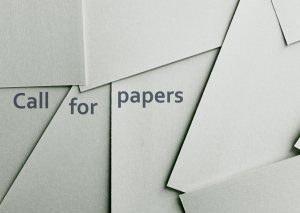 Call for Abstracts: New Directions in Media, Communication and Sociology (NDiMS) Conference
Call for Abstracts: New Directions in Media, Communication and Sociology (NDiMS) Conference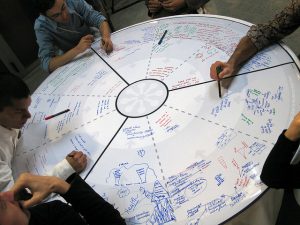 Ørecomm Team to Gather at the University of Coimbra
Ørecomm Team to Gather at the University of Coimbra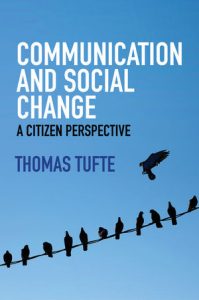 “Communication and Social Change – A Citizen Perspective” Published
“Communication and Social Change – A Citizen Perspective” Published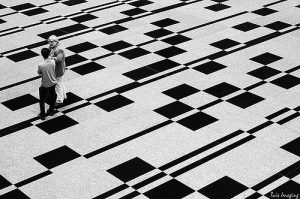 C4D Network to Sum Up Global Communication for Development Practice
C4D Network to Sum Up Global Communication for Development Practice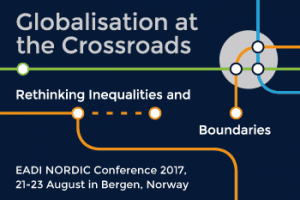 Entering Media and Communication into Development Conferences?
Entering Media and Communication into Development Conferences?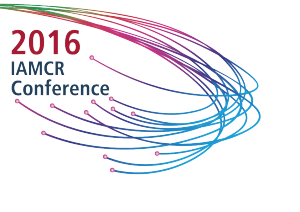 IAMCR Conference 2016: Communication for Development Highlights
IAMCR Conference 2016: Communication for Development Highlights Glocal Classroom Revisited – Storytelling & Social Change Leicester-Malmö
Glocal Classroom Revisited – Storytelling & Social Change Leicester-Malmö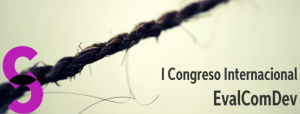 I EvalComDev International Conference: Call for Papers
I EvalComDev International Conference: Call for Papers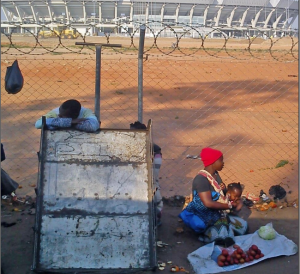 Looking for Media and Communication in Development Conferences: Devres 2016
Looking for Media and Communication in Development Conferences: Devres 2016